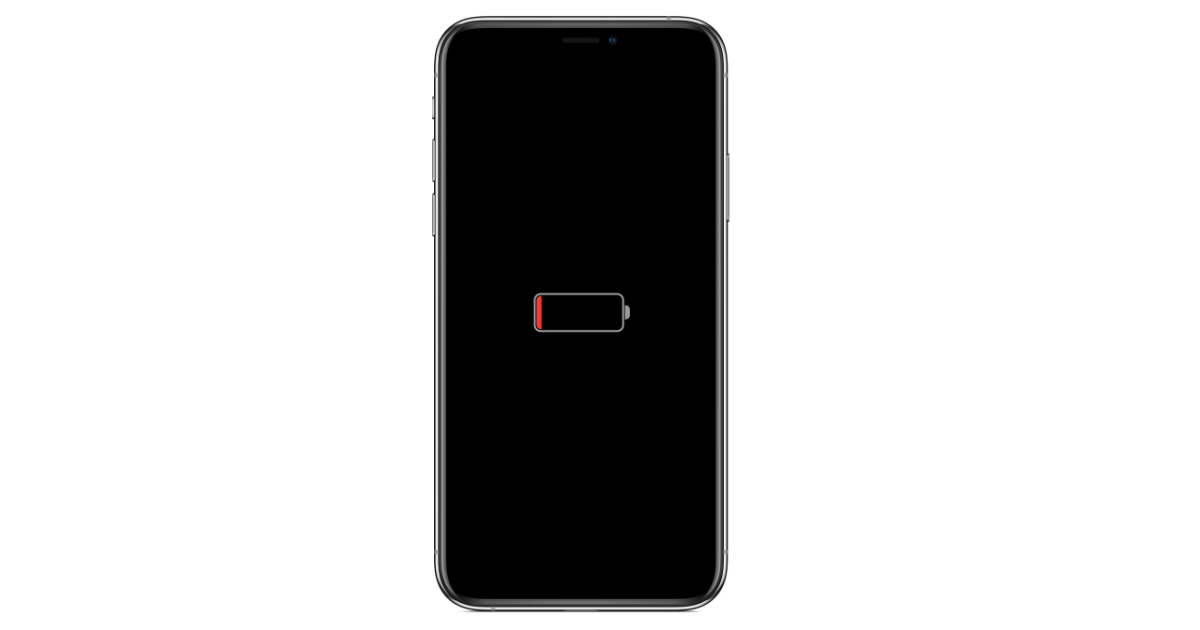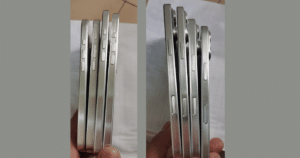The European Union has been making strides in user-friendly legislation, with its most recent win being passing the common charger law for all portable electronics. Now, the EU wants tech companies like Apple to bring back user-replaceable batteries, or make the replacement process easier for customers.

EU is interested in new legislation that will help limit E-waste
On Friday, the European Parliament and Council reached a provisional agreement to overhaul EU rules on batteries and adjust them according to developments in technology and with future challenges in mind. The agreed rules will cover the following:
The entire battery life cycle, from design to end-of-life and apply to all types of batteries sold in the EU: portable batteries, SLI batteries (supplying power for starting, lighting or ignition of vehicles), light means of transport (LMT) batteries (providing power for the traction to wheeled vehicles such as electric scooters and bikes), electric vehicle (EV) batteries and industrial batteries.
As with the common charger law, companies will get a good amount of time to make the required changes to their products after the legislation takes effect.
Three and a half years after the entry into force of the legislation, portable batteries in appliances must be designed so that consumers can easily remove and replace them themselves.
Adding on to this, the move will limit E-waste as the EU will require companies to accept and recycle old batteries.
All waste LMT, EV, SLI and industrial batteries must be collected, free of charge for end-users, regardless of their nature, chemical composition, condition, brand or origin
The EU also wants companies to provide more information to consumers about the batteries that are in their devices, which will help individuals easily remove and replace them themselves.
To better inform consumers, batteries will carry labels and QR codes with information related to their capacity, performance, durability, chemical composition, as well as the “separate collection” symbol.
The deal also includes other collection and recycling targets for tech companies.
- Collection targets are set at 45% by 2023, 63% by 2027 and 73% by 2030 for portable batteries, and at 51% by 2028 and 61% by 2031 for LMT batteries
- Minimum levels of recovered cobalt (16%), lead (85%), lithium (6%) and nickel (6%) from manufacturing and consumer waste must be reused in new batteries
By 31 December 2030, the Commission will decide whether to completely phase out the use of non-rechargeable portable batteries.
If the law passes, Apple’s Self Service Repair program will likely meet the EU’s standards. However, the tech giant will need to expand it to include all 27 member states in the region. The program will also need to cover all of its products.


